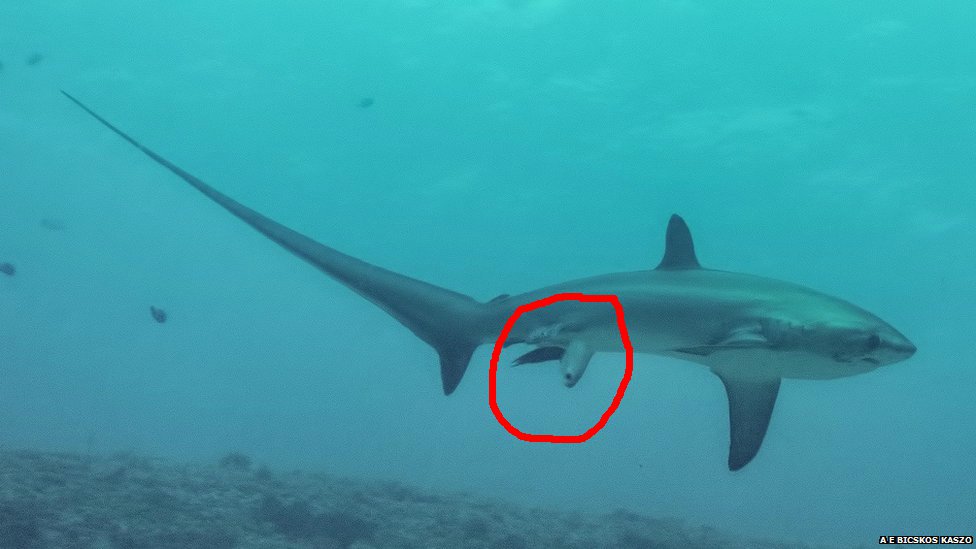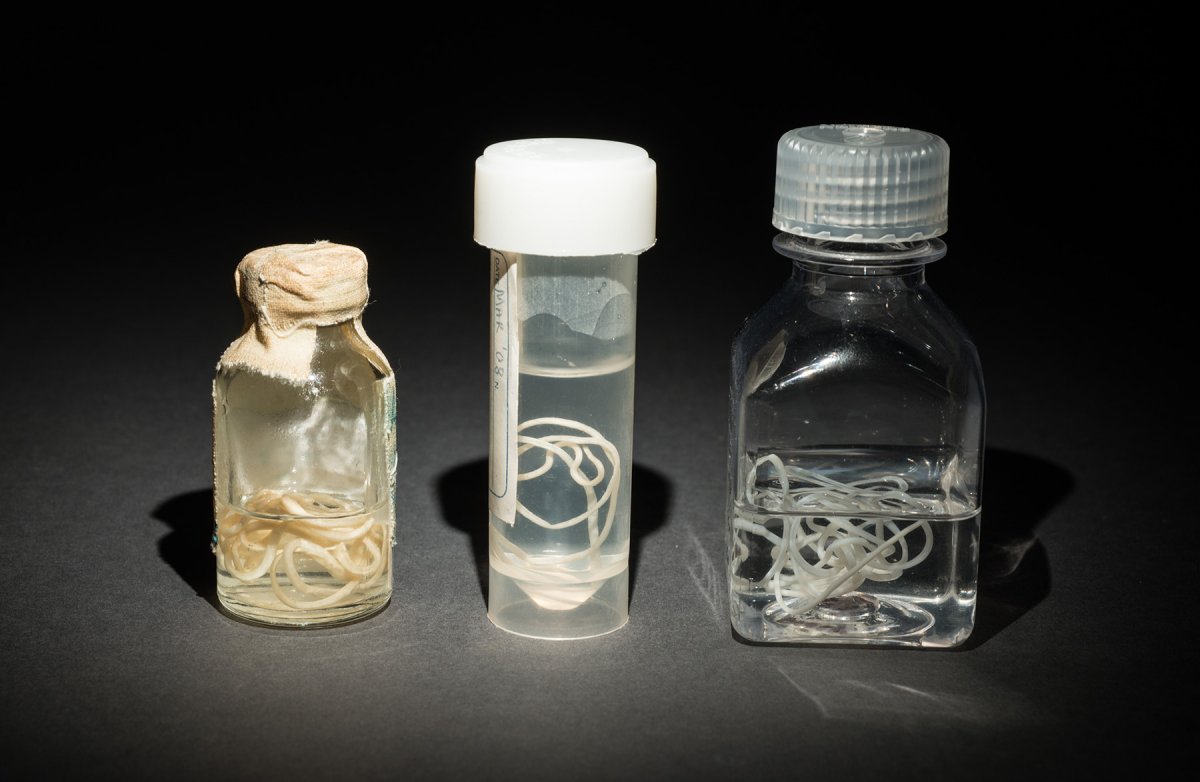Scientists from Stanford University in the US have found out how to help the brains of mice clean up the excess waste proteins that cause dementia and Alzheimer’s disease.
Their research shows that, by removing a faulty protein from the brain’s immune response cells, they can prevent mice that are susceptible to Alzheimer’s from developing the disease, and also reverse memory loss and other symptoms in mice that already have it.
“This is a possible target that we could look at for preventing Alzheimer’s disease, or preventing progression of dementia,” lead author Katrin Andreasson told Kate Baggaley for Science News.
The molecule in question is a receptor protein called EP2, which is found on the surface of cells called microglia, which make up around 10 to 15 percent of all the cells in the brain.
Microglia have the important job of stopping inflammation and chewing up the dead cells and molecular debris from between our cells - including the amyloid beta proteins (A-beta) that builds up in the brain and can lead to neurodegeneration.
“A-beta, produced throughout the body, is as natural as it is ubiquitous,” writes Bruce Goldman for Stanford University. “But when it clumps into soluble clusters consisting of a few molecules, it’s highly toxic to nerve cells. These clusters are believed to play a substantial role in causing Alzheimer’s.”
Usually microglia do a great job of hoovering up the waste, but as we age or develop Alzheimer's disease, EP2 can become faulty, and the plaque builds up.
“Microglia are the brain’s beat cops,” Andreasson, told Goldman. “Our experiments show that keeping them on the right track counters memory loss and preserves healthy brain physiology ... If they lose their ability to function, things get out of control. A-beta builds up in the brain, inducing toxic inflammation."
But now Andreasson's team has shown that blocking EP2 in mice can reverse memory loss and other Alzheimer-like symptoms, and also prevent mice that are susceptible to the disease from developing it.
They found that mice that were genetically engineered not to have EP2 were better at blocking inflammation than normal mice. Impressively, they also didn’t develop Alzheimer’s - even when they were injected with A-beta that would cause a normal mouse to suffer memory loss.
And for mice that had already developed Alzheimer’s, blocking EP2 activity reversed memory loss and other symptoms, Goldman writes.
The research has been published in the Journal of Clinical Investigation, and may help explain why, for some people, anti-inflammatory drugs such as aspirin can help slow the onset of Alzheimer’s - although Andreasson explains that it’s far from a proven preventative.
The team is now looking into exploring what causes microglial cells to stop working in the first place, and is also investigating what the side effects of blocking EP2 are.
As Andreasson told Goldman: “It may turn out that a compound blocking only EP2 activity on microglial cells, or some downstream consequences within microglial cells, would be better-suited [than anti-inflammatory drugs] for fending off Alzheimer’s without side effects.”
Sources: Stanford University, Science News











